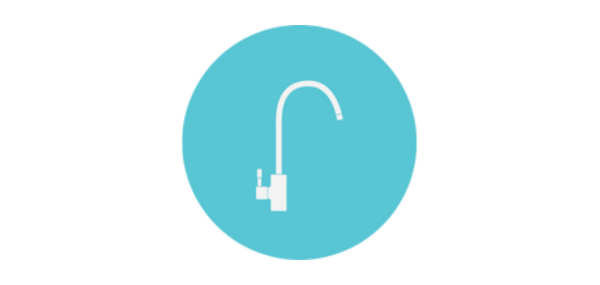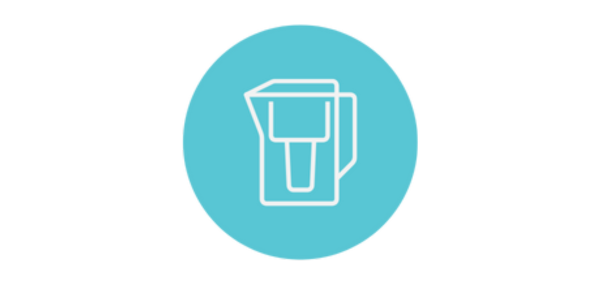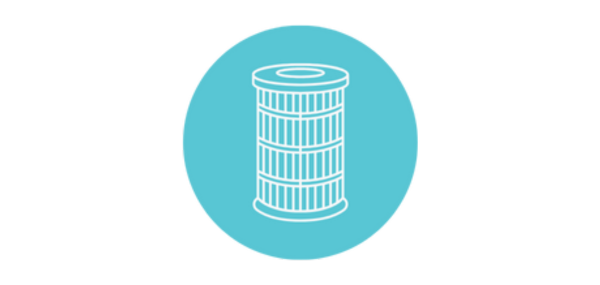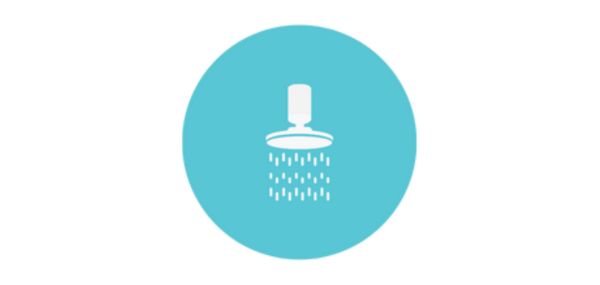

How Much Water Should You Drink? The Science, the Signals & the Real Story of Hydration
We all know hydration is essential, but with so many opinions out there — 2 litres a day? 8 glasses? Only when you're thirsty? — it’s no wonder people feel confused.
The truth is, there’s no one-size-fits-all answer. But there is science-backed guidance to help you reconnect with your body’s real hydration needs — and simple habits that make it easier.
🧠 What Does Your Body Really Need?
Water regulates everything from body temperature to brain function. Yet the amount we need varies based on body size, activity, climate, and even the time of day.
A popular guideline is the “8x8 rule” — eight 8-ounce (240ml) glasses a day. That’s around 2 litres. It’s a good start, but recent insights offer something even more intuitive.
🔬 Dr. Andrew Huberman’s Take: A Simple Rule of Thumb
Neuroscientist Dr. Andrew Huberman recommends a “baseline hydration” of 1 cup (240ml) per hour for the first 10 hours of your day — or roughly 2.4 litres daily. Why this window? Because we’re most active (and metabolically thirsty) in the first half of our day.
If you exercise, Huberman suggests adding ~2ml of water per kg of body weight every 15–20 minutes of movement. That means a 60kg person working out for an hour would aim for an extra 500ml — or about 2 additional cups.
💡 It’s Not About Rigid Rules — It’s About Rhythm
You don’t need to sip every 15 minutes. Some days you’ll drink more, others less. What matters most is listening to your body, building awareness, and making hydration easy and enjoyable.
✨ Why Staying Hydrated Matters
Research shows proper hydration can:
-
Boost metabolism by up to 30% (3–5 glasses can do it!)
-
Enhance focus and mental clarity
-
Support digestion, detoxification, and immune health
-
Improve energy, mood, and exercise performance
🌿 Smart Tips for Daily Hydration
-
Sip throughout the day – especially in the morning.
-
Keep a bottle nearby – what’s visible gets used.
-
Eat water-rich foods like cucumber, melon, citrus, and leafy greens.
-
Check your urine – light yellow means you’re in the clear.
-
Avoid dehydration traps – like too much caffeine or skipping fluids when busy.
💧Not All Water is Equal
One more thing: hydration isn’t just about how much you drink — but what you’re drinking. The structure and quality of your water matters. Water that’s filtered, mineralised, and free from contaminants supports better absorption and nourishes the body more deeply.
That’s why we believe in drinking clean, energized, mineral-rich water — not just any H₂O. You’ll feel the difference.
🌊 Final Takeaway
Start with 2.4L a day as your anchor, adjust based on your lifestyle, and stay curious about how your body feels. Hydration is one of the simplest, most powerful ways to care for yourself — and when you tune in, the benefits ripple through everything.
Here’s to listening to your body, loving your water, and feeling more alive — one sip at a time.








